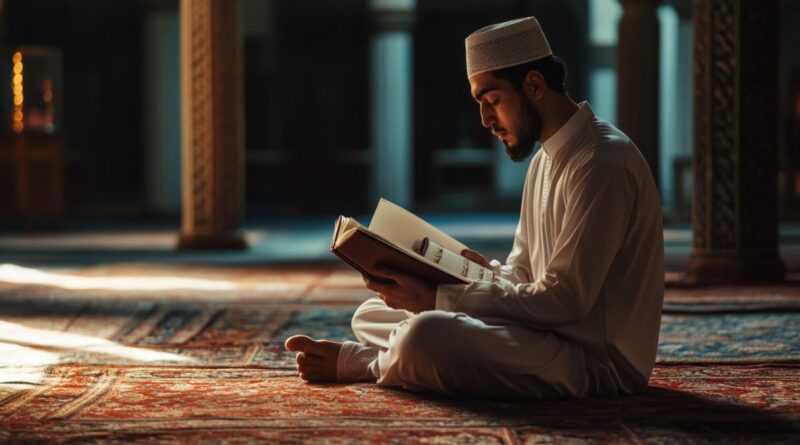Ramadan in Denmark
Ramadan is a huge Muslim festival celebrated all over the world wherein Muslims practice fasting for an entire month and do not eat or drink anything including water during the day. Fasting constitutes one of the five pillars of Islam among others and all Muslims are required to participate in this from the age of 12 years.
One of the most important aspects of Ramadan is niyyah which means intention – this means that they must abstain from food to achieve the requirements to worship their God, Allah. So, if someone fasts for dietary or political reasons, it doesn’t count; the fast has to be done only for this purpose.
The Muslim community in Denmark is quite large and many of them are given leave from work during this time as it becomes difficult for them to function on an empty stomach. Some of them, who work, leave the office early – this all depends on the type of work each individual does and the policies of the company.
Here is what the festival entails and what Muslims practice and believe in during this holy month of fasting.
When is Ramadan?
Ramadan occurs based on the lunar calendar and it depends on the location you’re in as its date changes annually. The first day of Ramadan is announced after the clerics spot the new moon. This can be estimated depending on the locality you’re in. In most Muslim-majority nations, the chief cleric of the country announces the date for the start of Ramadan.
How long is this festival?
According to the calendar, lunar months last between 29 and 30 days, depending on when the moon is first sighted. If the moon isn’t seen on the 29th day then the fasting is for the entire 30 days. Countries that receive day or night first can differentiate when it comes to fasting.
Eid al-Fitr is celebrated after the 30 days of fasting come to an end. This festival is to celebrate a successful period of fasting. Just mature and healthy Muslims need to fast as it helps them get closer to God and become more passionate about their worship and beliefs. It is seen as a way to learn patience, break bad habits, and better themselves.
In Conclusion
Ramadan is a huge festival and in every country in the world, especially in Denmark, the Muslim community celebrates it with a lot of enthusiasm and happiness. On the last day of Ramadan, depending on the community and the occurrence of the moon, individuals from every country will be on the lookout for this before they break their fast. If the moon is not spotted, fasting continues until it is.
Like all festivals around the world, this one too is taken seriously and is practiced by Muslims in Denmark as well. In fact, observing the practices of Ramadan in Denmark can be quite educational and enlightening. Most companies in Denmark understand the rigors of fasting and will allow their employees to take leave in order not to tax them when they are fasting. Some believers stay home and rest during the day and prefer working night shifts during this time, and their organizations permit it due to the prevailing tolerance and acceptance in Denmark.








